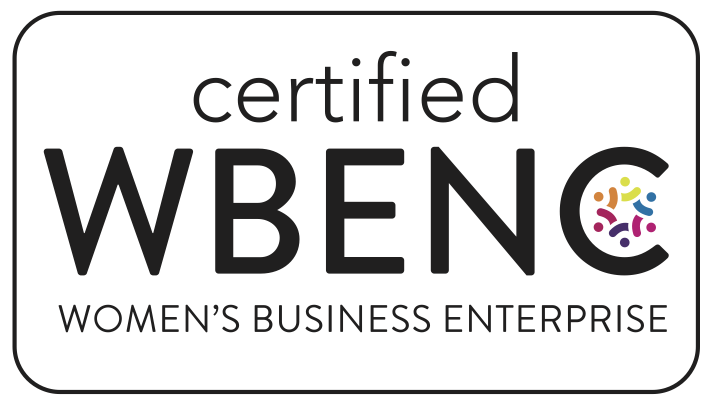Bob Dylan penned his song "The Times They Are A-changin'" in 1964, as the country was in the throes of massive social and cultural upheaval. In the decades since then, that phrase has been used as a shorthand to describe countless big changes to societies, cultures, governments, and economies across the globe. And it applies to the enormous shifts taking place in the workplace right now.
Some of these changes have been in progress (or just on the horizon) for many years. The COVID-19 pandemic has brought others to the forefront. Regardless of their origins, all of these changes are picking up speed and will be around for a while -- and HR needs to be ready for them.
Diversity, equity, and inclusion (DEI) initiatives are becoming more widespread. These days, it seems that most companies either have implemented a DEI strategy or have plans to develop one soon. Society in general is becoming more diverse, and companies that want to connect with and engage top employees in that larger talent pool need to listen to and address their concerns.
Employees are placing a higher priority on their own mental and physical well-being. Dealing with the stress (and, for numerous people, outright trauma) of the past couple of years has been a struggle for many employees. Financial uncertainty (especially when some companies laid off employees or scaled back their hours -- and wages -- during early-pandemic business slowdowns), health concerns, and having to navigate new settings and schedules (e.g., working from home, juggling work with unexpected childcare or homeschooling) have created hardships for many employees, who are now reevaluating their priorities and working to take better care of themselves.
HR processes are incorporating more technological solutions. This should not really come as a surprise to anyone who hasn't been living under a rock during the past decade or so. Automation and artificial intelligence have made inroads into all sorts of business processes in recent years, resulting in increased efficiency and decreased costs. It makes sense that HR would want to embrace technology that improves HR processes.
Most industries are moving to incorporate some form of long-term remote work. Some companies are hybrid models, in which some employee time is spent in the organization's office and some employee time is spent offsite. (This could take the form of having each worker divide their work between office and offsite, or having some workers be completely in the office and others be completely offsite.) Other companies are ditching their real estate holdings and leases completely and moving everyone to work-from-home arrangements. The pandemic demonstrated to organizations and employees alike that extensive and prolonged remote work not only was possible but could even be an improvement over the traditional "everyone in the office" approach.
The staffing shortage is not only persisting longer than expected but is getting even worse, thanks in part to pandemic-related factors. "We can't find good employees!" (or even "We can't find any employees!") is a common refrain these days. Companies that want to stay ahead of this problem need to be sure their HR departments are ready to deal with these changes in employee expectations and requirements.

